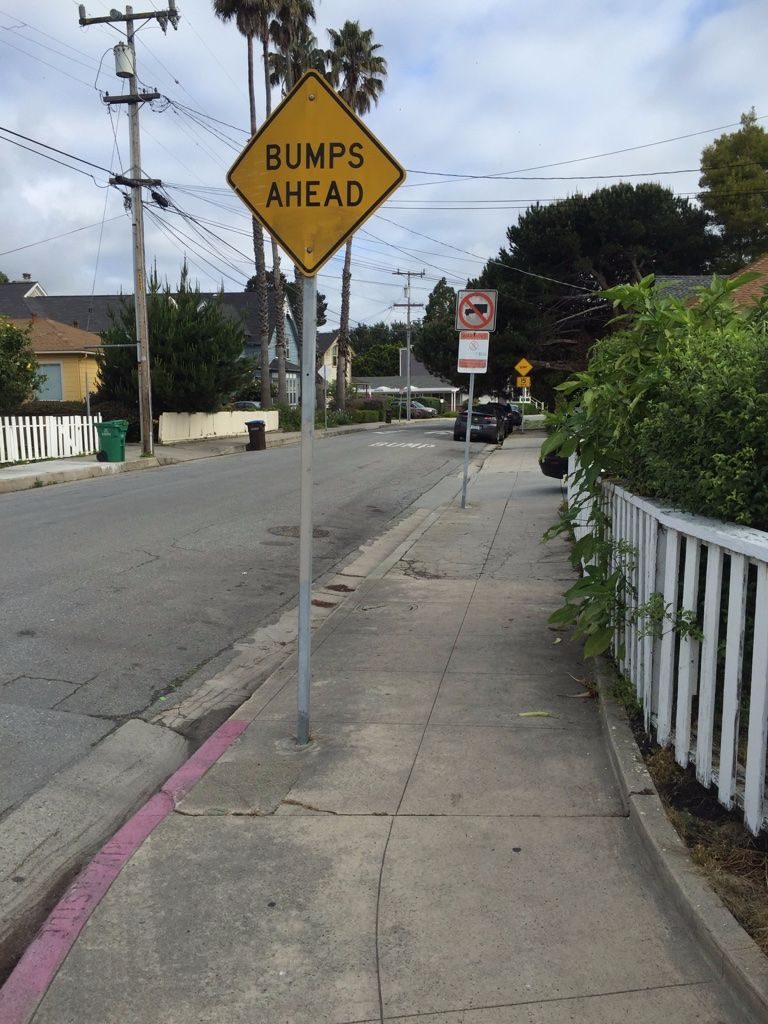 As a writer who champions researchers like Brené Brown for their work on vulnerability and shame, I’m now ready to publicly admit that I can be a hypocrite. In my fiction, through my characters, I embody vulnerability. But in my own life, and in my “personal” blogging, I shirk it (hence, the scare quotes). I want to always be strong and fierce. Seeking help has never been my forte, and in my experience, being mixed plays into this.
As a writer who champions researchers like Brené Brown for their work on vulnerability and shame, I’m now ready to publicly admit that I can be a hypocrite. In my fiction, through my characters, I embody vulnerability. But in my own life, and in my “personal” blogging, I shirk it (hence, the scare quotes). I want to always be strong and fierce. Seeking help has never been my forte, and in my experience, being mixed plays into this.
My mother—who juggled seven jobs simultaneously for seven years—taught me to depend on myself. For every grammar school project that dealt with family history, she insisted my brother and I showcase her immigration story. My brother and I used to roll our eyes. We elbowed each other and spoke without speaking: Mom’s so dramatic.
But now, as a twenty-four-year-old woman, I’m in awe. That in Taiwan, from age twenty to age twenty-seven, Mom’s life was seven jobs for seven years. All to earn the $20,000 required for two years of American study.
Gaining perspective can happen suddenly, or over time. For me, I suddenly realized what I’d known since childhood: my mother was and still is a force to be reckoned with. Her immigration story defied gender, racial, and cultural expectations. She learned to become both her own weapon and comfort system. A woman warrior, à la Maxine Hong Kingston.
I thought that’s who I needed to be for myself. Warrior and comforter; breadwinner and carer; all the roles in between; everything and everyone at once, nonstop. That if I fell short in any way, at any time, I needed to blame myself. My faults; my shortcomings. I told myself that in self-dependence, there’s no allowance for weakness. No cracks, no seams, no spills. No traces of vulnerability.
The past couple of weeks have taken me apart. I can’t sustain my delusional dream of perfection. So this is my zì bái shū—written confession. I refuse both Asian and German stoicism. I’m determined, to the best of my ability at this time in my life, to write vulnerably and honestly.
To summarize, on my own, I made an impulsive decision. I moved all my eggs to one basket, and both the basket and the eggs broke. Changed jobs, changed states, and lost myself. For a time, I sat among the eggshells, yolk in my hair, chalazae running down my cheeks, egg whites and basket threads at my feet.
But then I reached out. I called the people and family members who care. Now, I called to self-criticize, but I called—and they answered. Through lines and wirings unseen, they offered help: advice, suggestions, a pixelated smile, a breathing mouth.
They helped me reset myself. My selves. Through them, I found reserves I never knew I possessed. I packed new baskets. Again, I’ll change. I’ll return to what I left with battle scars—a new woman warrior.
Look down at your roots. Trace their twists so you won’t trip. Trace until you remember. Yes, remember your roots. They’ll ground you. And, knowing them, you’ll enable your own growth. —Joy Stoffers, Festival Blogger
“Remember your roots,” a beautiful sentiment, and sound advice.
Being mixed race, “roots” is rather a touchy subject for me: I don’t feel like I have any. I didn’t make the connection until after reading your essay, but clearly this has been a defining factor in the challenging relationship I have with my parents and (estranged) sister.
Thx for a thoughtful piece.